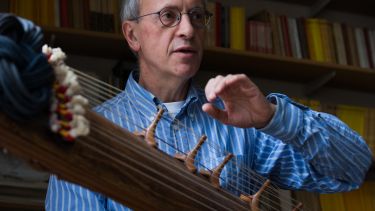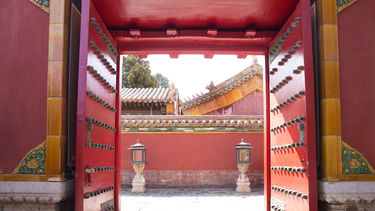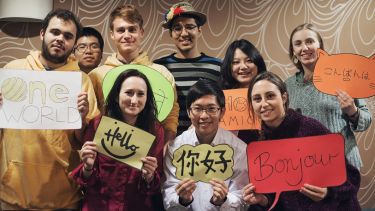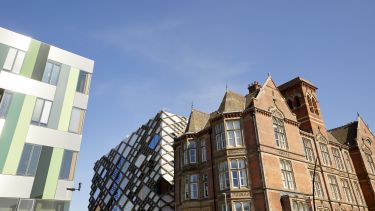
School of Languages, Arts and Societies
We are an interdisciplinary school bringing together world-leading education and research on languages, music, culture, politics and societies from a diverse range of disciplines and regions across the globe.
Study with us
Research

Our research
We focus on providing insight into some of the biggest cultural and social issues around the world, bringing together expertise in music, global cultural studies and East Asian studies.
Research strengths and specialismsNews
Contact us
Address
School of Languages, Arts and Societies
Jessop West
1 Upper Hanover Street
Sheffield
S3 7RA
Any questions?
If you're thinking of studying at the University of Sheffield and need more information, you can call or message us on live chat.










